9 results in Liverpool Latin American Studies
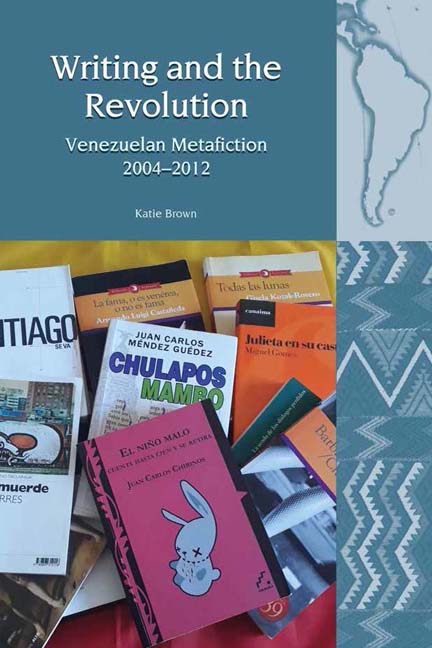
Writing and the Revolution
- Venezuelan Metafiction 2004-2012
-
- Published by:
- Liverpool University Press
- Published online:
- 11 July 2020
- Print publication:
- 25 June 2019
-
- Book
- Export citation
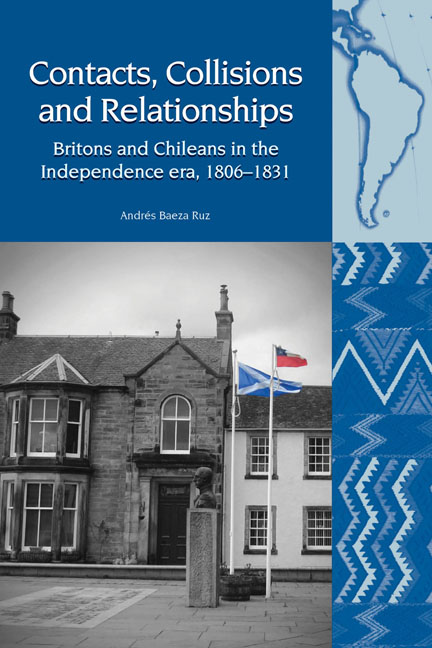
Contacts, Collisions and Relationships
- Britons and Chileans in the Independence era, 1806-1831
-
- Published by:
- Liverpool University Press
- Published online:
- 02 July 2020
- Print publication:
- 09 April 2019
-
- Book
- Export citation
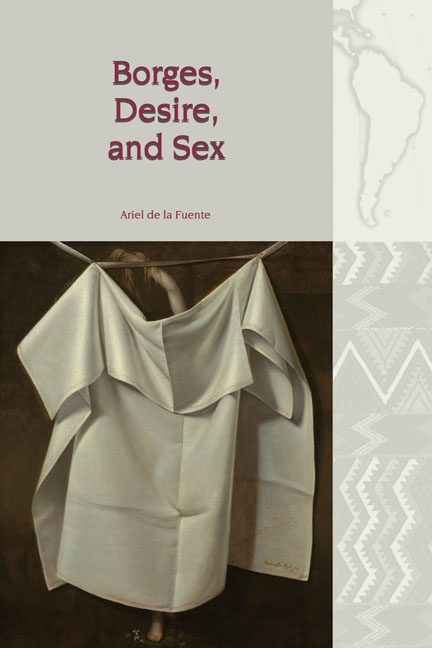
Borges, Desire, and Sex
-
- Published by:
- Liverpool University Press
- Published online:
- 29 June 2020
- Print publication:
- 21 November 2018
-
- Book
- Export citation

Decadent Modernity
- Civilization and 'Latinidad' in Spanish America, 1880–1920
-
- Published by:
- Liverpool University Press
- Published online:
- 27 June 2020
- Print publication:
- 31 October 2018
-
- Book
- Export citation
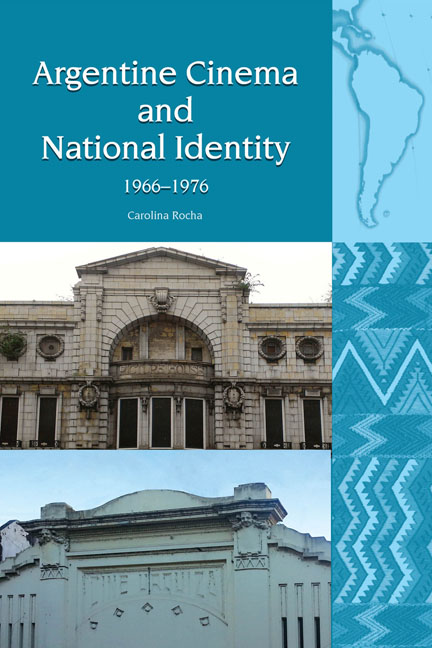
Argentine Cinema and National Identity (1966–1976)
-
- Published by:
- Liverpool University Press
- Published online:
- 04 July 2019
- Print publication:
- 05 January 2018
-
- Book
- Export citation
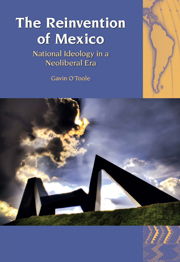
The Reinvention of Mexico
- National Ideology in a Neoliberal Era
-
- Published by:
- Liverpool University Press
- Published online:
- 05 June 2012
- Print publication:
- 25 October 2010
-
- Book
- Export citation
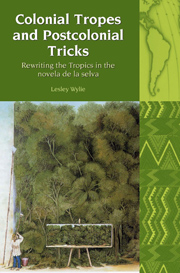
Colonial Tropes and Postcolonial Tricks
- Rewriting the Tropics in the novela de la selva
-
- Published by:
- Liverpool University Press
- Published online:
- 05 January 2012
- Print publication:
- 15 July 2009
-
- Book
- Export citation

Business History in Latin America
- The Experience of Seven Countries
-
- Published by:
- Liverpool University Press
- Published online:
- 05 November 2011
- Print publication:
- 01 March 1999
-
- Book
- Export citation
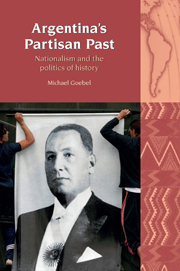
Argentina's Partisan Past
- Nationalism and the Politics of History
-
- Published by:
- Liverpool University Press
- Published online:
- 26 October 2011
- Print publication:
- 31 March 2011
-
- Book
- Export citation

